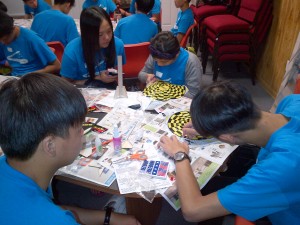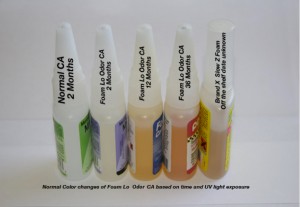Greetings! Because of the devotion, dedication and hard work of Ms. Manjun Dodge and Ms. Nancy Kensinger, my wife Francine and I were again blessed and allowed to work with four groups of wonderful young people from Taiwan. After providing a bit of history, some words on safety and teamwork, the build sessions and the launch sessions and all I can say is THANK YOU, THANK YOU, THANK YOU to all of you!!
Allow me to offer my heartfelt thanks and appreciation to each of the commercial organizations involved for the tremendous support for this Exchange Student Program especially to Danielle and the folks from Custom Rocket Company and Cliff Whitley and his team from Mercury Adhesives. The kits you supplied were excellent quality and received quite well by students and primary support staff a like. The Mercury Adhesives products produced and provided made the lessons for the model rocketry builds safe and memorable.
To Karen and the staff at the Space Walk of Fame Museum, the workspace and all of the support you provided for the students has been above reproach and worthy of my deep appreciation. I’ve attached a few photos for you to enjoy and as far as the kids are concerned, I believe the smiles say it all!!
Lastly but not least, allow me to say Thanks to the members of the MoonPort Modelers organization for their gracious support and use of their club flying field, without which there would not have been a memorable launch session for all of the young people. The grooming of the field, the devotion to work with the students all speaks volumes to [your] kindness.
James M. Carter





